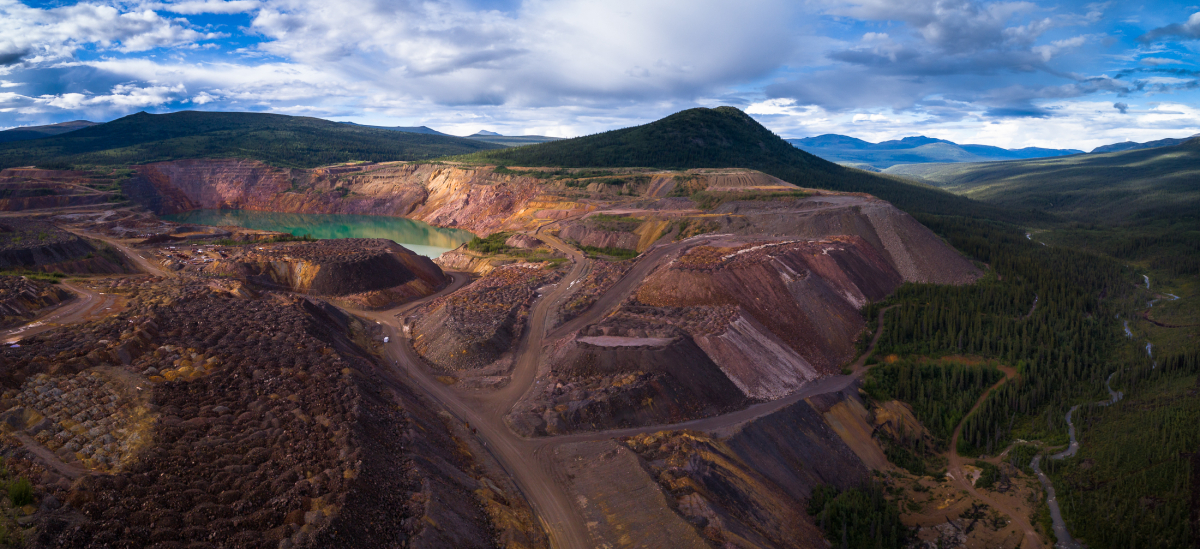Support strong Canadian climate journalism for 2025
Industry and government appear less concerned than other groups in Canada about strengthening scientific rigour and independence in the federal environmental assessment process, says a group of scientists who analyzed more than 400 submissions to government.
Their peer-reviewed analysis was released as Parliament examines Bill C-69, introduced in February by Environment Minister Catherine McKenna, to overhaul environmental assessment procedures and “make sure that decisions are made on good science and facts.”
Federal environmental assessments may be conducted on such projects as new mines, dams or power plants to determine positive and negative effects.
The report by a team of scientists from across Canada led by Aerin Jacob, is based on an analysis of 421 unique written submissions to a federally-appointed expert panel on environmental assessment processes which received more than 1,000 opinions and heard from more than 2,000 online survey participants in 2016.
The five components the scientists examined included, in addition to scientific rigour and independence, open Information, evaluating cumulative effects of projects and transparent decision making.
"On the whole, submissions from Indigenous groups, non-governmental organizations, and individuals/academics supported strengthening all five components," the report said. "In contrast, most contributions from industry/industry associations, and, to a lesser extent, government bodies or agencies, suggested that there was no need for increased scientific rigour or increased independence."
The scientists said the degree to which the government strengthens the scientific rigour and independence of the environmental assessment process "will indicate whether environmental decision-making in Canada is aligned with preferences from industry or the rest of Canada."

While attending an expert panel hearing during its cross-country tour, Jacob, a conservation scientist for the non-profit Yellowknife to Yukon Conservation Initiative, thought of all the potential data waiting to be crunched. In an interview with National Observer, she said she had a pretty good sense of what scientists would think about environmental assessments but “I started to wonder what did other people think about science."
Industry out of sync
Of the submissions reviewed from industry, 73 percent disagreed that there was a need for greater independence between environmental regulators and project owners and 60 percent disagreed with the need to strengthen scientific rigour.

In the report, global energy company Repsol is quoted for an example as saying: "[We] believe that the rigor incorporated into the existing CEAA process is appropriate and adequate enough to ensure that the environmental and social aspects of any given project are taken into consideration.” The CEAA is the Canadian Environmental Assessment Agency, which would be replaced by a new agency under the proposed legislation.
“It’s not surprising to me at all,” said Martin Olszynski, assistant professor of law at the University of Calgary. “They (government and industry) clearly see some benefit to the status quo — in terms of that lack of independence and the level of scientific rigour that exists currently — so they clearly see a benefit to it and they don’t want to lose it. But their benefit is our loss.”

While studying the role of science in the last 20 years of environmental assessment laws, Olszynski was also shocked to find a crucial word omitted from the written laws. "The word 'science' has never been referred to,” he said.
Canadians want more science, but Ottawa slow to respond
“What we see is Canadians saying we care about having better science and we care that decisions about environment-related issues are made well,” said Jacob. "What we don’t see is the government responding."
Jacob told National Observer that she’s been watching how Canada handles the environment for many years. And over time, her concern has grown over the lack of hard science used when deciding whether to approve major projects with potentially major environmental impacts.
“It really matters that the fundamental part of environmental assessment is assessing impacts on the environment," said Jacob. "You need to do that using good science that is independent, open and transparent.”
Editor's note: This article was updated at 11:55 a.m. ET on May 10, 2018 to correct that scientists from across Canada contributed to the study and to clarify that their research was peer-reviewed.






Comments